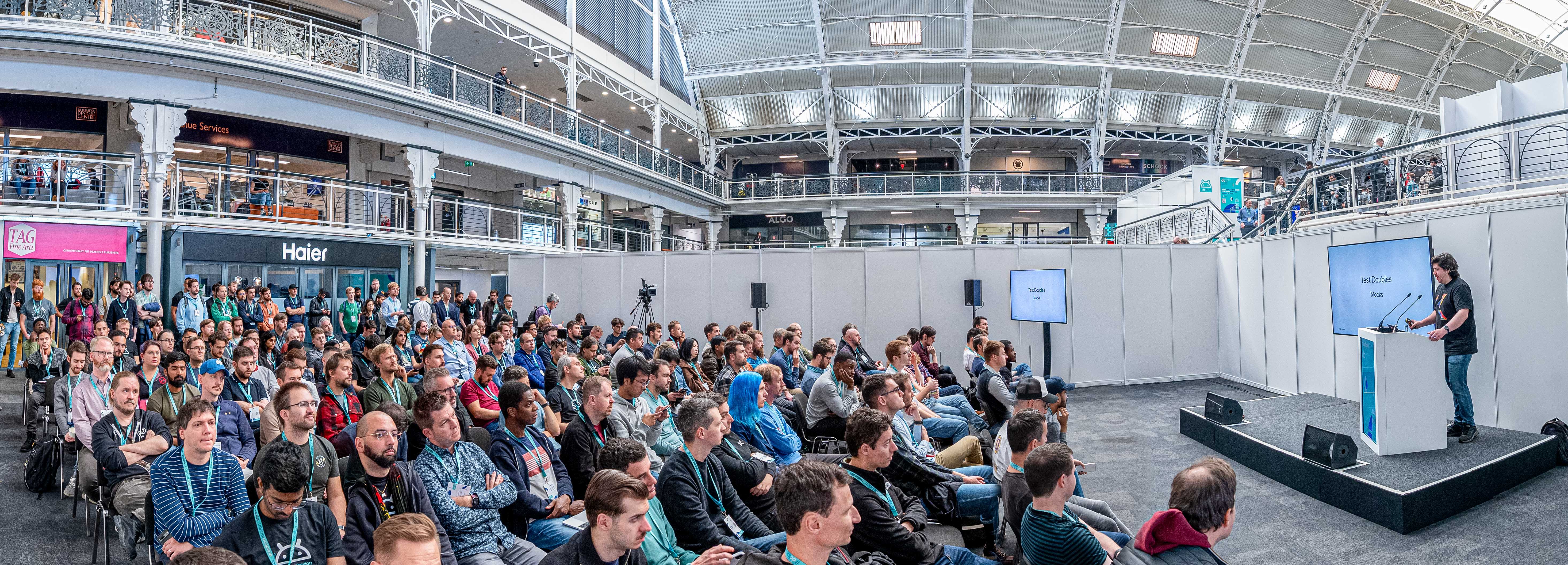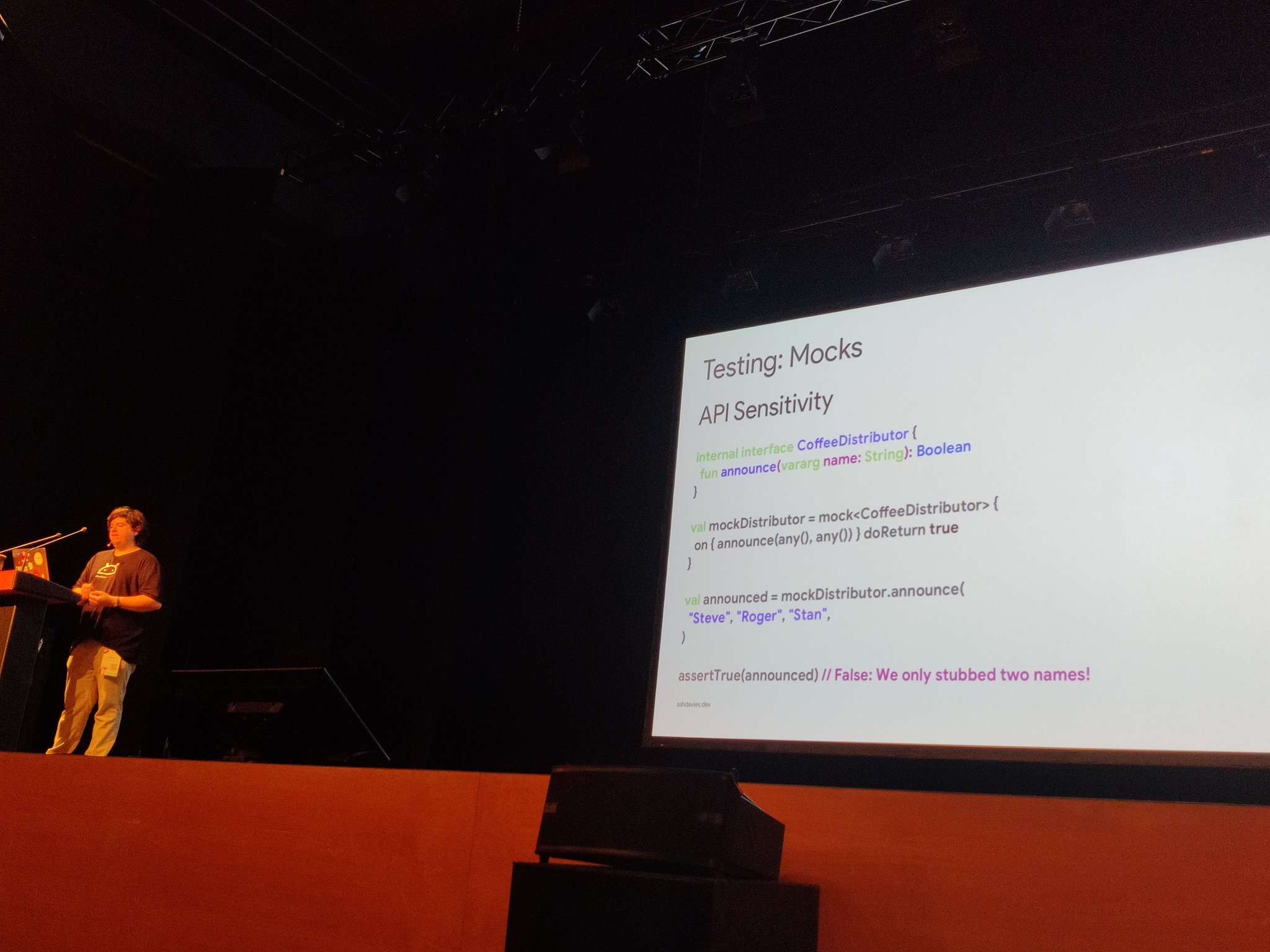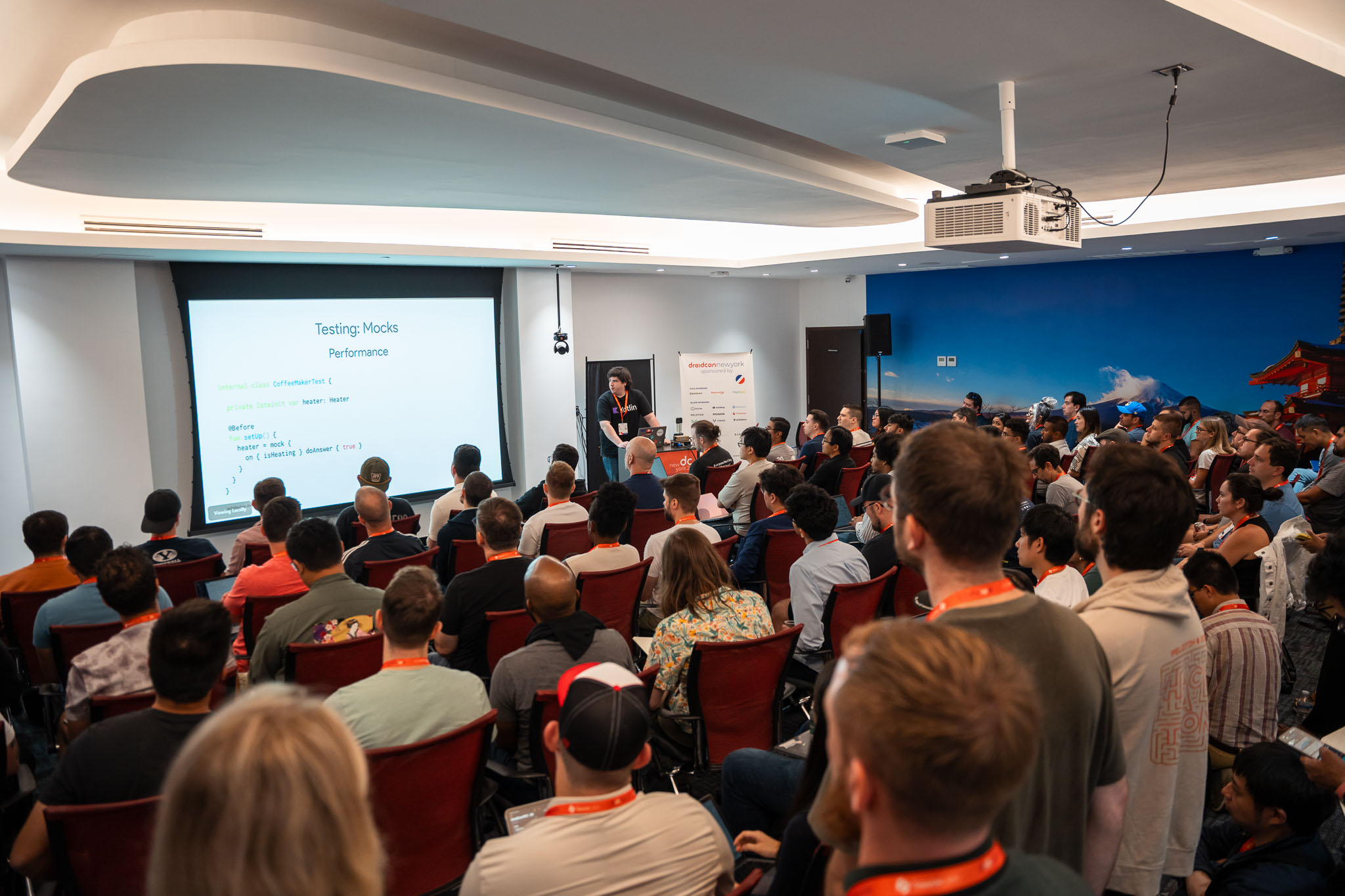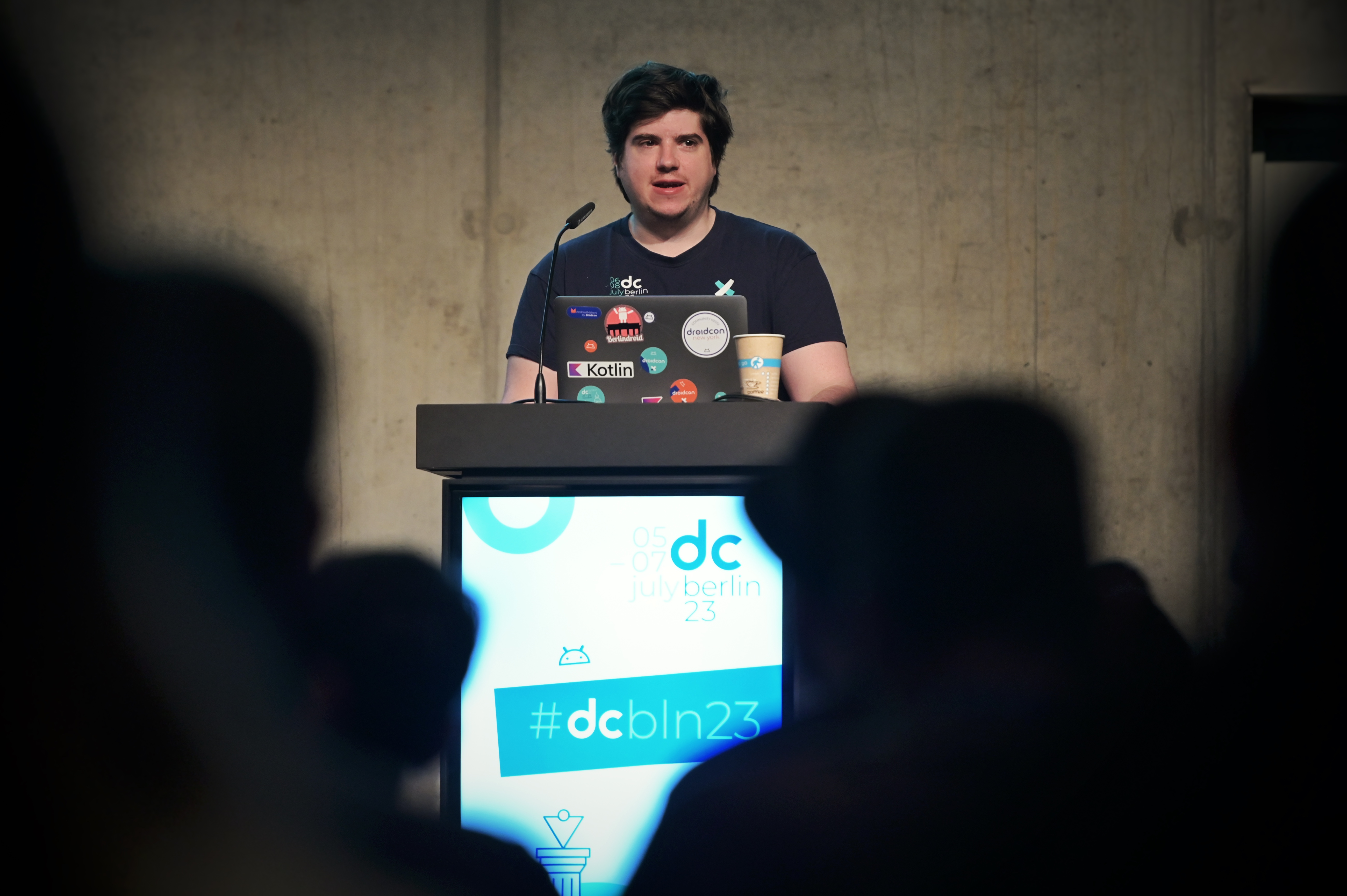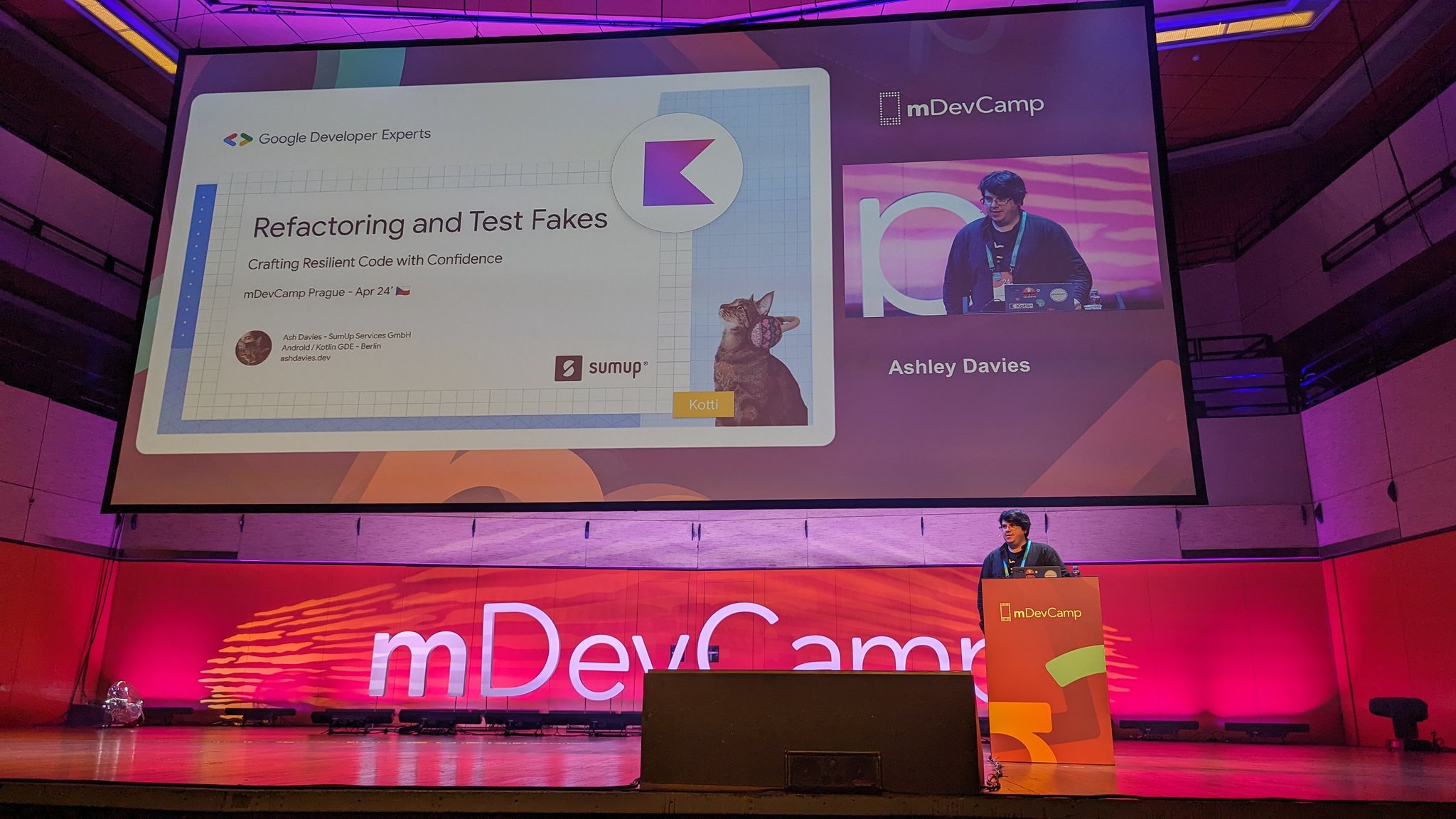
Refactoring and Test Fakes: Crafting Resilient Code with Confidence
Crafting resilient code is one of the most important things we do as software developers, but it’s much easier said than done! Building with confidence requires an appropriate test harness and automated safeguards to ensure your software is robust. In most real world scenarios, we don’t have the luxury of working with a green field project, so it can be difficult to apply best practices whilst maintaining legacy code. How then can we refactor, and effectively utilise test fakes appropriately? ...
